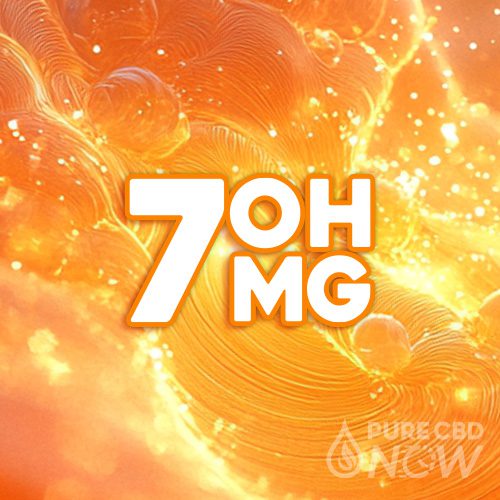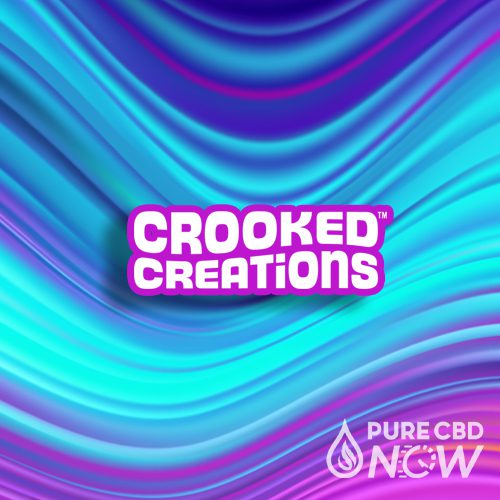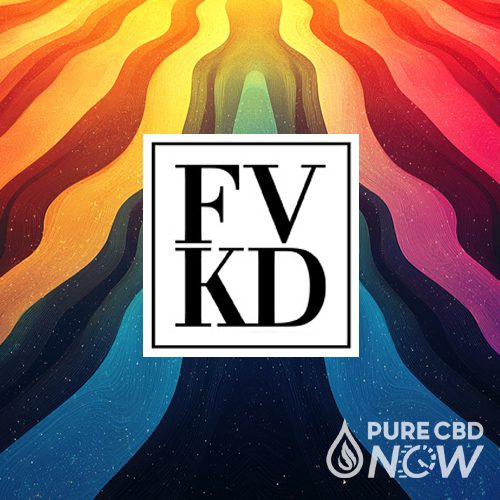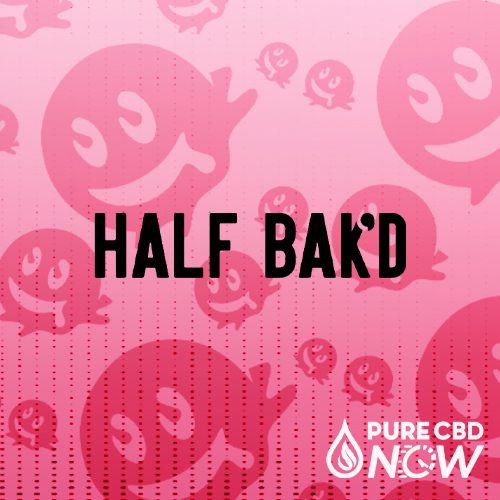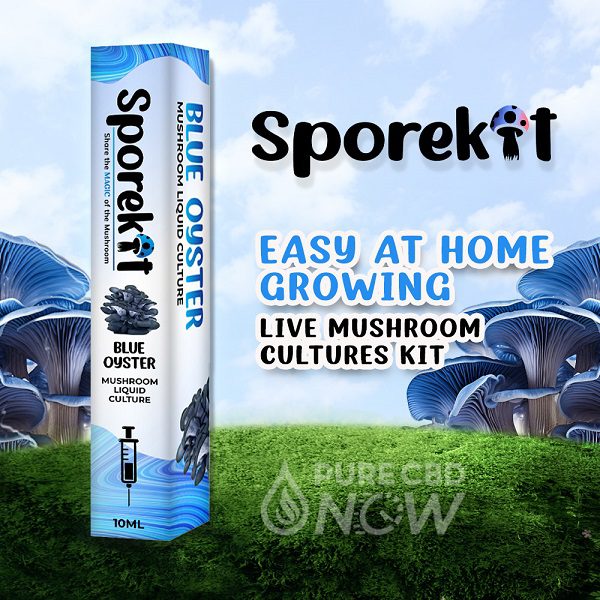Ever wondered about the potency of 7-hydroxymitragynine? You’re not alone. This powerful alkaloid, found in the leaves of the Mitragyna speciosa tree, has piqued the interest of scientists and wellness enthusiasts alike. It’s a complex compound, with potential effects that are as intriguing as they are varied.
In the world of natural wellness, understanding the potency of such substances can make all the difference. So, don’t you think it’s time to dive into the mysterious world of 7-hydroxymitragynine and uncover its secrets? Let’s explore together the potency of this unique alkaloid and how it might impact you.
Key Takeaways
- 7-Hydroxymitragynine is a potent alkaloid found in the leaves of the Mitragyna speciosa tree, also known as the Kratom tree.
- Chemically, it’s a terpenoid indole alkaloid with a unique structure that contributes to its high potency. It features two stereogenic centers at the C-20 and C-14 positions.
- It interacts as a partial agonist with mu-opioid receptors, which plays a key role in its analgesic activity. In terms of receptor interaction, it proves to be 46 times more potent than mitragynine and 13 times more than morphine.
- 7-Hydroxymitragynine also impacts pain perception significantly by locking onto mu-opioid receptors and hindering the action of liver metabolizing enzymes, which extends the duration of its effects.
- As an analgesic, it’s 46 times more potent than morphine. This not only impacts the formulation of analgesic drugs but may also lead to improved drug delivery methods.
- Despite its potent benefits, potential side effects of 7-Hydroxymitragynine include drowsiness, stomach upset, heart palpitations, and even withdrawal symptoms with persistent use. Its legal status also varies globally, being in a gray area in the U.S., while being a controlled substance in Australia and Thailand.
Understanding 7-Hydroxymitragynine
What Is 7-Hydroxymitragynine?
7-Hydroxymitragynine, a naturally occurring compound, has its roots in the leaves of Mitragyna speciosa, better known as the Kratom tree. An alkaloid, it packs a punch—potency marks it out from the crowd. It’s emerged on the radar of scientists and wellness enthusiasts alike, all keen to discover its secrets. Displaying complexity and diverse effects, 7-Hydroxymitragynine continues to enthrall those who delve into the world of natural wellness.
Chemical Structure and Properties
Delving into its chemical makeup, 7-Hydroxymitragynine is a terpenoid indole alkaloid. Noted for its unique structure, it touts two stereogenic centers at the C-20 and C-14 positions. This characteristic sets it apart, making it a compound of interest.
But, it’s not just its structure. It’s the properties too. Exhibiting notable lipophilicity, it easily crosses the blood-brain barrier. This trait signifies a high potency, which in turn, indicates a high bioavailability. Researchers[1] suggest that its analgesic activity may be actualized via this mechanism. In line with this, some claim that its potency could surpass morphine—an assertion that further underlines its apparent power.
It’s evident that the potency of 7-Hydroxymitragynine and its complex chemical structure continue to invite exploration and research.
References:
[1]: Researchers involved in an ongoing study on the properties of 7-Hydroxymitragynine.
Mechanism of Action
Deeply embedded in the structure and functionality of 7-hydroxymitragynine lie two stereogenic centers, responsible for its intriguing characteristics. Let’s explore how this compound interacts with opioid receptors and affects pain perception.
Interaction With Opioid Receptors
7-Hydroxymitragynine operates by bonding with mu-opioid receptors. It’s a partial agonist, meaning it activates these receptors but to a lesser degree than a full agonist. Think of it as a lesser rendition of morphine in terms of receptor interaction.
Research led by Gomes et al., 2012, showcased that despite its partial agonist status, it outperforms many full agonists. With an affinity 46 times greater than mitragynine and 13 times more potent than morphine, this remarkable compound certainly grabs the spotlight.
| Alkaloid | Affinity |
|---|---|
| Mitragynine | 1 |
| Morphine | 3.4 |
| 7-Hydroxymitragynine | 46 |
Effects on Pain Perception
Since the compound locks onto mu-opioid receptors, it’s prime to impact pain perception. Studies by Matsumoto et al., 2006, reveal how 7-hydroxymitragynine can significantly decrease pain response in animal models. Additionally, it hinders the enzymatic action of metabolizing enzymes in the liver, prolonging its effects. It’s a dual characteristic that’s hard to overlook.
Comparative Potency
The intricate world of alkaloids offers many potent entities, principal among which stands the 7-hydroxymitragynine. Delving deeper, let’s examine how it stacks against familiar compounds and the difference it makes to drug formulations.
Comparison With Morphine
Morphine, a well-known opioid, sets a benchmark in the realm of painkillers. However, 7-hydroxymitragynine holds its own and proves more potent.
Notably, Kruegel and Grundmann’s research cites that 7-hydroxymitragynine magnifies analgesic effects approximately 46 times more potently than morphine. Correlations found in the study are intriguing, establishing clear superiority.
Apparent from the data, you’d see 7-hydroxymitragynine’s potency isn’t just a claim, but an evidence-backed reality.
| Compound | Analgesic Potency |
|---|---|
| Morphine | 1 |
| 7-hydroxymitragynine | 46 |
Impact on Drug Formulations
7-Hydroxymitragynine manipulates pain perception effectively, creating a ripple effect on drug formulation. Its unique bonding with mu-opioid receptors initiates optimal pain relief, impacting the innovation of analgesic drugs.
Promisingly, this alkaloid’s capability to extend enzyme inhibition potentially slows metabolic processes, lengthening pain relief duration. This reshapes drug formulations, influencing prolonged effects.
Intriguingly, Varadi et al., in their study, highlighted 7-hydroxymitragynine’s quality to aid the transportation of drugs across the blood-brain barrier. As a result, it raises possibilities for improved drug delivery methods.
7-Hydroxymitragynine’s potency and unique properties steer a new direction for drug formulations, impacting future applications positively.
Safety and Legal Status
Progressing from the previous section’s mechanics of 7-hydroxymitragynine, we’ll now explore its safety profile and legal dilemmas across the globe.
Known Side Effects
Despite 7-hydroxymitragynine’s potent analgesic benefits, it’s not without potential side effects. Immediate impacts could include drowsiness, upset stomach, and heart palpitations. Moreover, research from Current Topics in Medicinal Chemistry reveals that persistent use can catalyze withdrawal symptoms like muscle weakness, insomnia, and mood swings. The takeaway? Be vigilant about dosage and aware of your body’s response.
Regulatory Considerations Worldwide
Legal landscapes for 7-hydroxymitragynine change from country to country. In the U.S., the Drug Enforcement Administration (DEA) keeps it in a legal gray area, neither banned nor entirely legal. In contrast, countries like Australia and Thailand have classified it as a controlled substance under their Narcotics Act.
Meanwhile, in the UK, a blanket ban under the Psychoactive Substances Act 2016 encompasses 7-hydroxymitragynine indirectly. It’d be prudent to research and understand your local laws before purchasing 7-Hydroxymitragynine.
Conclusion
So, you’ve journeyed through the world of 7-hydroxymitragynine, understanding its potency, mechanism, and potential applications. You’ve delved into its interaction with mu-opioid receptors and its superior analgesic properties. You’ve also learned about its ability to inhibit liver enzymes, enhancing its effects over time. You’ve been introduced to the legal and safety aspects of this compound, recognizing the importance of knowing local regulations and potential side effects. Now, you’re better equipped to make informed decisions about using 7-hydroxymitragynine. Remember, knowledge is power, and it’s always best to stay informed. Continue your exploration on purecbdnow.com for more insights into this potent compound and its role in pain management. Keep digging, keep learning, and stay safe.

